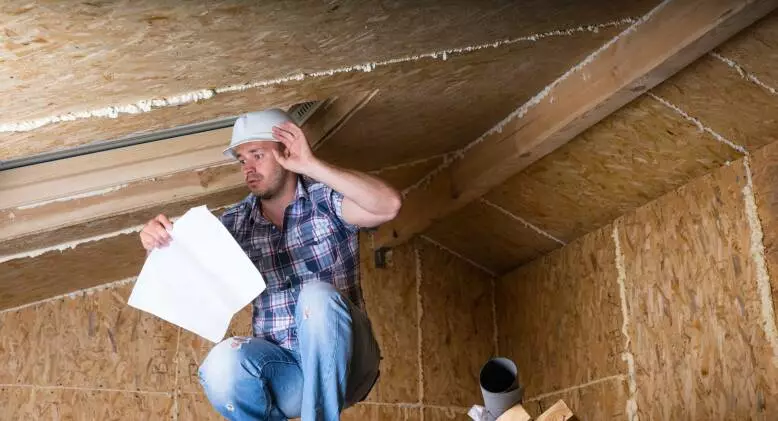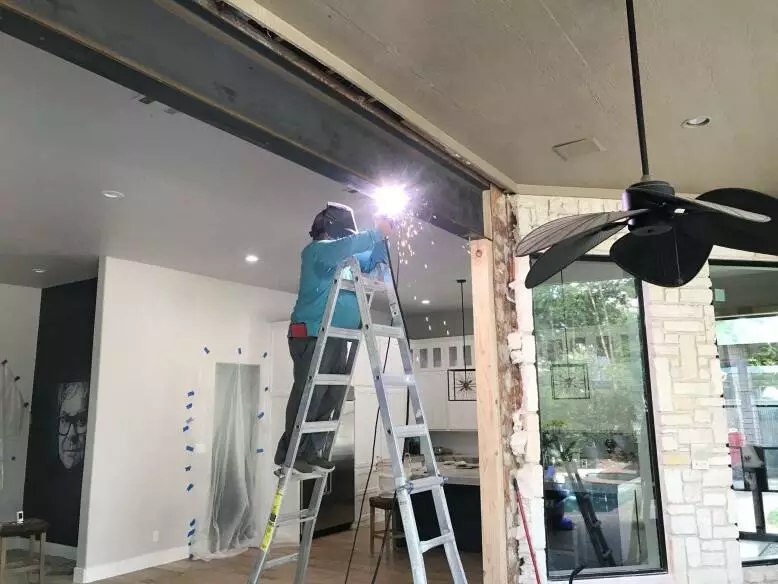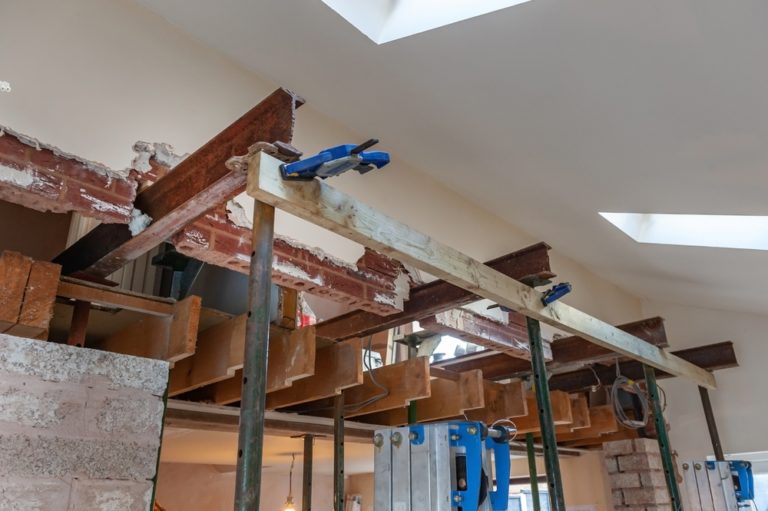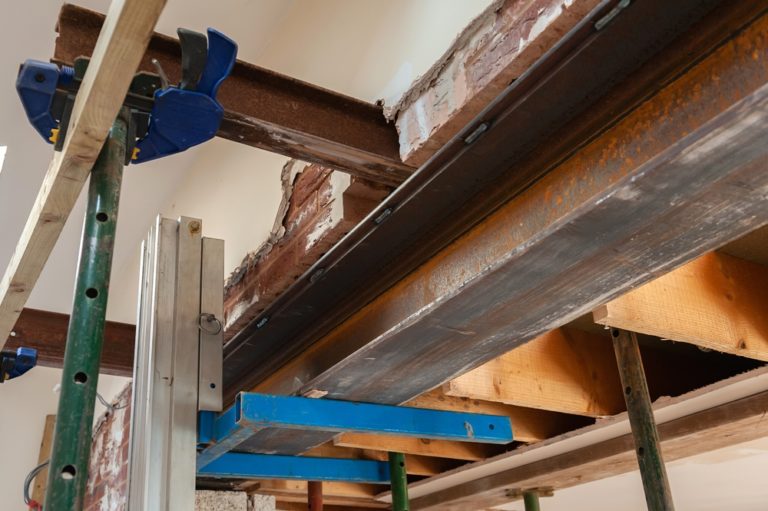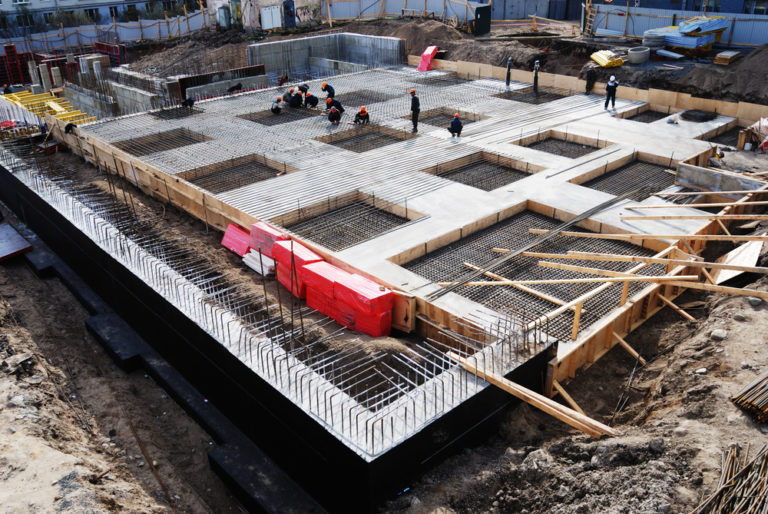Your home’s foundation says a lot about the safety and condition of your home overall. Any home can be subject to structural foundation issues, but these foundation issues are especially prominent in older homes. There are a few ways that structural engineers can inspect your home to determine the health and status of your home’s foundation.
The most common methods are:
- Concrete slab inspection
- Pier and beam inspection
- Basement foundation inspection
Needing to have your home’s foundation inspected might feel worrisome, but it is always better to be safe than sorry. A structural engineer will be able to easily tell if damage is present, and if it is, what approach might work best for you to secure your home’s foundation for years to come.
Concrete Slab Inspection
A concrete slab inspection, otherwise known as a slab on grade inspection, examines the structural integrity and condition of a concrete slab foundation. The inspection is typically performed by a qualified structural engineer or inspector who will visually inspect the slab and the surrounding areas for signs of damage or distress, taking into account any large, displaced cracks, gaps and any area where your home’s foundation seems to be sloping or shifting, even making note of any sitting water or mold growth.
The inspector will also evaluate the overall condition of the slab, including its thickness and uniformity, and assess the adequacy of the slab for supporting the structure. Based on the inspection, the inspector will provide a report detailing the condition of the slab and you’ll receive any recommendations for repairs or further action.
Pier And Beam Inspection
To perform a pier and beam inspection, a structural engineer will visually inspect the piers, beams and crawl space under your house. This is to examine the structural integrity and condition of a pier and beam foundation. This type of foundation is typically used in older homes and is composed of a series of concrete piers that support your home’s beams, which in turn support the floor joists.
They will also check for signs of damage or distress such as cracks, settling, or shifting of the piers or beams, as well as any signs of water infiltration or mold growth. To get an even more thorough understanding of the situation, the inspector may also use specialized equipment such as moisture meters or infrared cameras to detect any issues that may not be visible to the naked eye. After evaluating the overall condition of the piers and beams, including their placement, size and alignment, as well as the adequacy of the foundation for supporting the structure the inspector will recommend repairs or any further action that might be necessary.
Basement Foundation Inspection
Basement foundation inspections entail a structural engineer or inspector evaluating the structural integrity and condition of a basement foundation. They will visually inspect the basement walls, floors and the surrounding areas for signs of damage or distress, looking for cracks, settling, or shifting of the foundation, as well as any signs of water infiltration or mold growth. The inspector will also evaluate the overall condition of the foundation, including its thickness and uniformity, and assess the adequacy of the foundation for supporting the structure. Any issues that need to be further addressed will be included in a detailed report after the inspection is complete.
Schedule A Structural Foundation Inspection Today!
If you’re in the Dallas/Fort Worth area and you have concerns about the integrity of your home’s foundation, don’t hesitate to reach out to Nortex Structural for a foundation inspection. Nothing is more important than the safety of your family, especially in your home and under controllable circumstances. Call 817-470-5046 to schedule a foundation inspection by an expert today!


